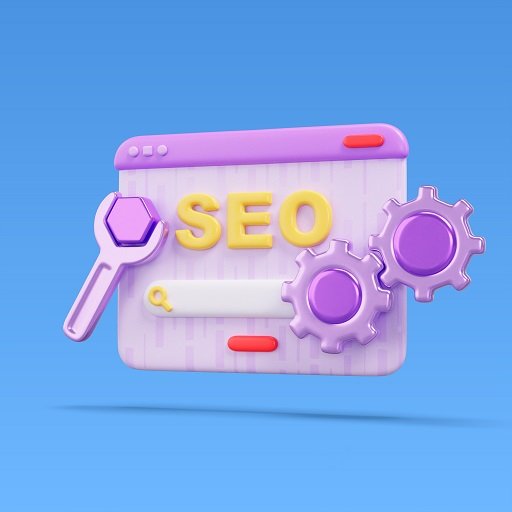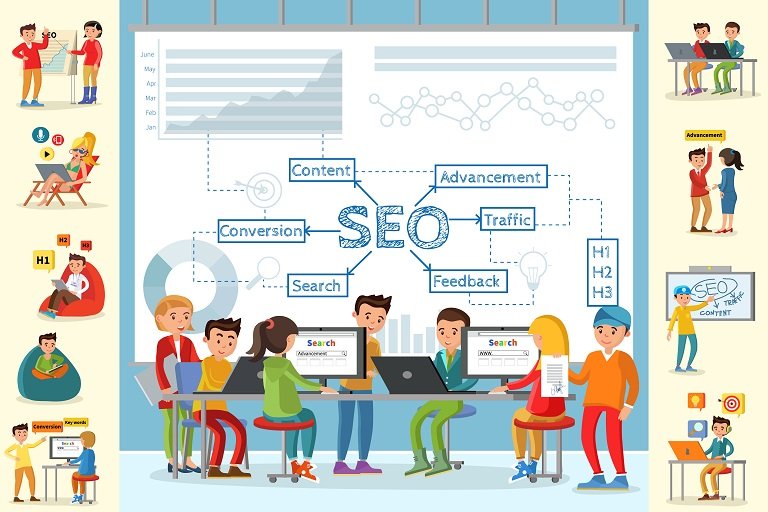In a world increasingly defined by climate extremes and resource scarcity, salt water tanker supply is stepping out of the shadows. Especially in Dubai, where desert meets development, the need to manage water wisely is more urgent than ever. Salt water, while not drinkable, is a powerful tool for sustaining life—just in unexpected ways.
From construction cooling to landscaping, this overlooked supply chain is facing both immense challenges and incredible opportunities. So, what lies beyond the horizon?
What is Salt Water Tanker Supply?
Salt water tankers transport non-potable water, usually sourced from the sea or treated sources, to places where it’s used for:
-
Dust suppression on construction sites
-
Irrigating salt-tolerant plants
-
Industrial cooling systems
It’s different from sweet water tanker supply, which delivers fresh, drinkable water. Salt water is all about utility, not consumption.
Salt Water Demand in the Middle East
The Middle East—and Dubai in particular—faces a paradoxical water crisis: surrounded by seawater but short on fresh water.
Industries are turning to salt water as an alternative for:
-
Construction cooling in high temperatures
-
Hardscaping and public green spaces
-
Utility flushing in large developments
This makes salt water supply a cornerstone of survival and growth.
The Rising Pressure on Water Logistics
As Dubai grows upward and outward, water needs are growing too. Towering skyscrapers, expanding suburbs, and massive infrastructure projects all require water—lots of it. And as temperatures soar, even basic dust control demands frequent deliveries.
That’s a logistical nightmare unless systems evolve.
Key Challenges Facing Salt Water Tanker Supply
Infrastructure Limitations
Salt water delivery still depends on a scattered network of pumping stations and filling points. This often leads to:
-
Long wait times
-
Inefficient routing
-
Delivery delays, especially during peak hours
Environmental Concerns
Most salt water tankers still run on diesel, contributing to air pollution and carbon emissions. Plus, poorly managed discharge can lead to salt runoff damaging local soil and infrastructure.
Operational Inefficiencies
Many companies still rely on manual bookings, leading to:
-
Overlapping deliveries
-
Empty return trips
-
Water loss through leaks and open transfer valves
Regulatory Gaps
Although regulations exist, inconsistent enforcement means that not all players follow best practices. This not only harms the environment but undercuts responsible businesses.
Opportunities Emerging from Innovation
Green Technology Integration
Some companies are now investing in electric or hybrid tankers—a move that cuts emissions while reducing operational costs over time. Solar-powered pump stations are also being installed to minimize grid reliance.
Smart Logistics and AI
From AI-assisted delivery schedules to dynamic route planning, tech is taking the wheel. These tools:
-
Save fuel
-
Improve delivery times
-
Cut down on carbon output
Tank Design Innovations
Modern tanks are now:
-
Leak-proof
-
Insulated to reduce evaporation
-
Resistant to corrosion, extending their lifecycle
IoT-Based Monitoring
Using sensors and cloud-based dashboards, companies can monitor:
-
Tank fill levels
-
Temperatures
-
Transit routes
-
Equipment health
It’s the age of real-time visibility, and water logistics is finally catching up.
Dubai’s Push for Water Sustainability
Dubai’s authorities aren’t just watching from the sidelines. They’re actively shaping the future with:
-
Strict salt water usage guidelines
-
Sustainability goals under Vision 2030
-
Incentives for eco-compliant logistics providers
These efforts aim to balance development and conservation.
Industry Case Studies: Local Innovation in Action
-
A construction firm in Dubai Marina replaced sweet water with salt water for dust control, cutting costs by 18% and reducing freshwater usage.
-
A landscaping company in Jumeirah used AI to plan watering schedules, lowering overall usage by 22%.
These aren’t just success stories—they’re roadmaps.
Public-Private Collaboration
Transformation won’t happen in silos. Companies, governments, and tech providers must collaborate to:
-
Create unified logistics platforms
-
Set transparent industry standards
-
Invest in sustainable infrastructure
Only together can we scale real impact.
Read more:
https://www.sttransport.ae/sweet-water-supply-in-dubai/
https://www.sttransport.ae/swimming-pool-water-supply-in-dubai/
https://www.sttransport.ae/salt-water-tanker-services/
https://www.sttransport.ae/sewage-tanker-services/
Consumer Role in Sustainable Water Use
If you’re hiring a tanker, ask the big questions:
-
Is your provider eco-certified?
-
Do they use AI scheduling or IoT monitoring?
-
How do they handle salt runoff?
The choices consumers and businesses make will shape the market.
Looking to the Horizon – What Comes Next?
What’s over the horizon for salt water tanker supply?
-
Autonomous delivery fleets
-
Blockchain-based water tracking
-
Cross-border water trade and logistics alliances
The industry is no longer just about trucks and tanks—it’s about intelligent systems and global water resilience.
Conclusion
Salt water tanker supply might not steal the headlines, but it plays a heroic role behind the scenes. The road ahead is filled with challenges—from emissions to inefficiencies—but it’s also lined with innovation, collaboration, and hope.
In Dubai and beyond, the future of water logistics is smarter, greener, and more essential than ever.
FAQs
1. Why is salt water used in Dubai instead of fresh water?
Salt water is a cost-effective and sustainable option for non-drinking purposes like cooling, cleaning, and irrigation.
2. What are the environmental impacts of salt water tankers?
Emissions, salt runoff, and leaks are major concerns—but smart tech is reducing these risks.
3. How can salt water tanker services be more efficient?
By using AI, route optimization, and real-time monitoring to eliminate waste and idle time.
4. What regulations govern salt water logistics in Dubai?
Dubai Municipality oversees tanker hygiene, discharge methods, and licensing for legal and sustainable operation.
5. Can salt water tanker supply be part of a smart city?
Absolutely. When integrated with IoT, data analytics, and eco-friendly vehicles, salt water logistics becomes a critical smart city component.











Leave a Reply